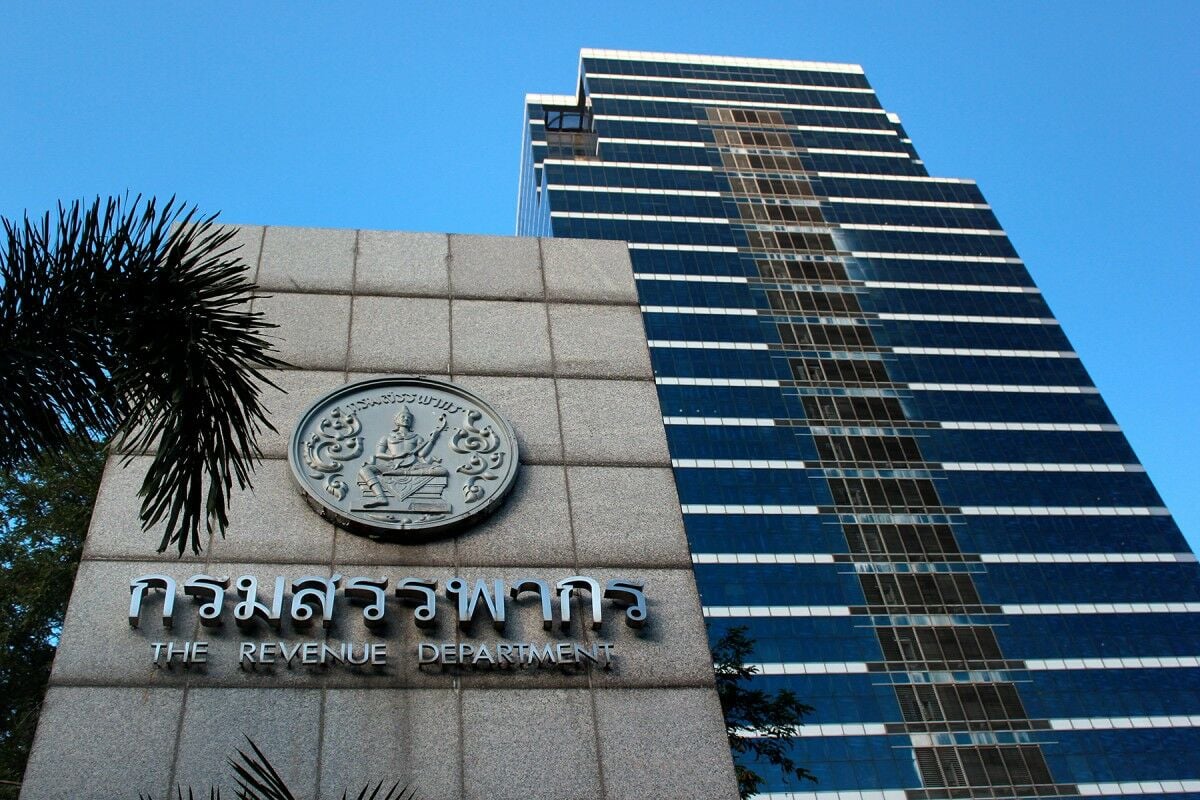Thai tax tangle: Expats warned of new rules on overseas income

A packed meeting of the Pattaya City Expat Club turned into a lively debate as members received crucial updates on Thailand’s controversial new tax policy regarding overseas income transfers.
Hosted by Thomas Carden, director of American International Tax Advisers, and tax attorney Patcha Inkudanonda, the session offered clarity, and raised fresh concerns, about the Thai Revenue Department’s evolving guidelines.
Patcha explained that not all expats are required to file Thai tax returns. Exemptions apply to those in Thailand for less than 180 days in 2024, individuals who haven’t transferred money from abroad, those who only moved income earned before December 31, 2023, and holders of the 10-year Long Term Residence (LTR) Visa. For others, the advice is clear: obtain a tax identification number and file a return by March 2025.
“All foreign income must be declared but this doesn’t always mean a tax liability.”
In a surprise revelation, it was disclosed that foreign credit card usage in Thailand, if converted to Thai baht, is now considered taxable income. Carden urged expats to carefully review double taxation treaties between Thailand and their home countries but noted these are not blanket exemptions.
“Each treaty has unique terms, referencing them in tax submissions could help as a caveat.”

Attendees raised questions about investment transfers, such as using overseas funds to buy a Thai condominium, but Carden admitted such matters remain unclear. He acknowledged the Revenue Department’s intent to widen the tax base, with small earners inadvertently caught in policies aimed at wealthy Thais, reported Pattaya Mail.
Concerns about enforcement were addressed, with Patcha citing international agreements like the Global Forum on Transparency, enabling Thai officials to request banking information globally. Both experts urged expats to retain detailed records of foreign transactions to avoid audits and potential penalties.
In a related report, Thailand is making bold moves to attract wealthy foreigners and digital nomads by easing visa restrictions to position the country as a global hub for long-term residency. The Cabinet approved sweeping changes to its LTR visa programme, streamlining the application process and eliminating outdated Smart visa categories.
Latest Thailand News
Follow The Thaiger on Google News:


























